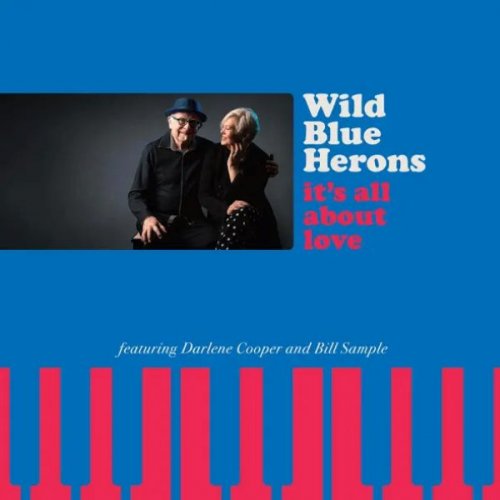Art Blakey & The Jazz Messengers - Live in Scheveningen 1958 (2018)
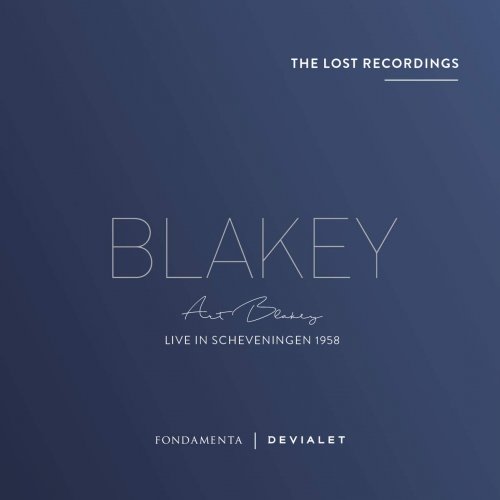
Artist: Art Blakey & The Jazz Messengers, Art Blakey
Title: Live in Scheveningen 1958
Year Of Release: 2018
Label: Fondamenta / Devialet
Genre: Jazz
Quality: FLAC (tracks + .cue)
Total Time: 1:20:01
Total Size: 303 MB
WebSite: Album Preview
Tracklist:Title: Live in Scheveningen 1958
Year Of Release: 2018
Label: Fondamenta / Devialet
Genre: Jazz
Quality: FLAC (tracks + .cue)
Total Time: 1:20:01
Total Size: 303 MB
WebSite: Album Preview
CD 1
01. Introduction By Art Blakey
02. Moanin'
03. Announcement By Art Blakey
04. Along Came Betty
05. Announcement By Art Blakey
06. Evidence / Justice
CD 2
01. Just by Myself
02. Announcement By Art Blakey
03. I Remember Clifford
04. Announcement By Art Blakey
05. Now Is the Time
06. Announcement By Art Blakey
07. Whisper Not
08. Night in Tunisia
It was the evening of 29 November 1958. On the stage of the Kurhaus in Scheveningen, Art Blakey grabbed the microphone to say, “I would like to take a moment and say good evening on behalf of the Jazz Messengers and myself.” Everyone present could feel that this was a concert that would go down in history.
Art Blakey had just turned thirty-nine. He was “Bu” to those who knew that late in the 1940s he had taken the name of Abdullah Ibn Buhaina. In 1954, he had co-founded the Jazz Messengers with pianist Horace Silver, but now he led the quintet single-handedly, identifying the most outstanding talents, mentoring them, taking them to the top. The group of course continued to expand until late in the 1980s to include other artists – as talented as they were diverse – such as Wayne Shorter, Clifford Brown, the Marsalis brothers and Keith Jarrett. But already in 1958, the ensemble was inspired, imbued with confidence, crowned with success, and most importantly, original. Pianist Bobby Timmons had just composed the emblematic “Moanin’” and saxophonist Benny Golson, his famous “Along Came Betty”, songs that the Jazz Messengers interspersed with the compositions of their illustrious fellow musicians: Thelonious Monk, Charlie Parker and Dizzy Gillespie. The crème de la crème of the jazz world was on stage that evening, their performance fallen into oblivion until this recording.
Art began the evening by presenting his line-up. Kind words: for each one, a little hyperbole, a tad too much praise – enough to create a light-hearted, intimate atmosphere. Then, over the evening, he introduced each piece, each time jokingly promoting the Blue Note label and eliciting chuckles among the audience. While the band played, Art never stole the limelight, however inventive the pulsating rhythms of his sticks, emerging whenever he felt his magic should work its spell. His legendary multiple bounce rolls following on the heels of the piano and saxophone solos brought them depth and colour, extending their horizons, strengthening them, making them ever more limpid.
Pianist Bobby Timmons’ “rusty fingertips” got the concert going with “Moanin’”, while the rest of the band simply underlined the rhythm before developing it. The tone was set: thoughtful yet jubilant, simple, subtly nuanced. This was followed by “Along Came Betty”, for the Betty who took Benny Golson’s fancy when she walked into a club where he was performing. After a tribute to Thelonious Monk lasting several minutes, the Jazz Messengers launched into an exploration of a magnificent ballade composed by Benny Golson in memory of Clifford Brown, the great trumpet player who had passed away two years earlier. In “Now Is The Time”, Art paid a modest tribute to the man he called the prophet of modern jazz, Charlie Parker. The next piece, “Whisper Not”, is one of muted melancholy, elegance and emotion, tenderly expressed by Lee Morgan’s trumpet. At this stage, it must have been hard to imagine that the concert would end so resoundingly. Art, communing with Africa as expressed by Gillespie, launches into a long solo with varied successions of rhythms, and all the colours of the continent surged forth until, at the very end, all the instruments exploded in a display of fireworks, each bursting out as the others faded away. With the last note, Art stood up and made his way to the edge of the stage. We can imagine his teasing smile as he took in the applause, finishing with, “May God bless you.”
Over thirty years later, when Art Blakey died, The New York Times quoted Max Roach: “Art was an original. He’s the only drummer whose time I recognize immediately. And his signature style was amazing; we used to call him ‘Thunder’”. The storm had already thundered over the stage of the Kurhaus that night in 1958.
Art Blakey had just turned thirty-nine. He was “Bu” to those who knew that late in the 1940s he had taken the name of Abdullah Ibn Buhaina. In 1954, he had co-founded the Jazz Messengers with pianist Horace Silver, but now he led the quintet single-handedly, identifying the most outstanding talents, mentoring them, taking them to the top. The group of course continued to expand until late in the 1980s to include other artists – as talented as they were diverse – such as Wayne Shorter, Clifford Brown, the Marsalis brothers and Keith Jarrett. But already in 1958, the ensemble was inspired, imbued with confidence, crowned with success, and most importantly, original. Pianist Bobby Timmons had just composed the emblematic “Moanin’” and saxophonist Benny Golson, his famous “Along Came Betty”, songs that the Jazz Messengers interspersed with the compositions of their illustrious fellow musicians: Thelonious Monk, Charlie Parker and Dizzy Gillespie. The crème de la crème of the jazz world was on stage that evening, their performance fallen into oblivion until this recording.
Art began the evening by presenting his line-up. Kind words: for each one, a little hyperbole, a tad too much praise – enough to create a light-hearted, intimate atmosphere. Then, over the evening, he introduced each piece, each time jokingly promoting the Blue Note label and eliciting chuckles among the audience. While the band played, Art never stole the limelight, however inventive the pulsating rhythms of his sticks, emerging whenever he felt his magic should work its spell. His legendary multiple bounce rolls following on the heels of the piano and saxophone solos brought them depth and colour, extending their horizons, strengthening them, making them ever more limpid.
Pianist Bobby Timmons’ “rusty fingertips” got the concert going with “Moanin’”, while the rest of the band simply underlined the rhythm before developing it. The tone was set: thoughtful yet jubilant, simple, subtly nuanced. This was followed by “Along Came Betty”, for the Betty who took Benny Golson’s fancy when she walked into a club where he was performing. After a tribute to Thelonious Monk lasting several minutes, the Jazz Messengers launched into an exploration of a magnificent ballade composed by Benny Golson in memory of Clifford Brown, the great trumpet player who had passed away two years earlier. In “Now Is The Time”, Art paid a modest tribute to the man he called the prophet of modern jazz, Charlie Parker. The next piece, “Whisper Not”, is one of muted melancholy, elegance and emotion, tenderly expressed by Lee Morgan’s trumpet. At this stage, it must have been hard to imagine that the concert would end so resoundingly. Art, communing with Africa as expressed by Gillespie, launches into a long solo with varied successions of rhythms, and all the colours of the continent surged forth until, at the very end, all the instruments exploded in a display of fireworks, each bursting out as the others faded away. With the last note, Art stood up and made his way to the edge of the stage. We can imagine his teasing smile as he took in the applause, finishing with, “May God bless you.”
Over thirty years later, when Art Blakey died, The New York Times quoted Max Roach: “Art was an original. He’s the only drummer whose time I recognize immediately. And his signature style was amazing; we used to call him ‘Thunder’”. The storm had already thundered over the stage of the Kurhaus that night in 1958.
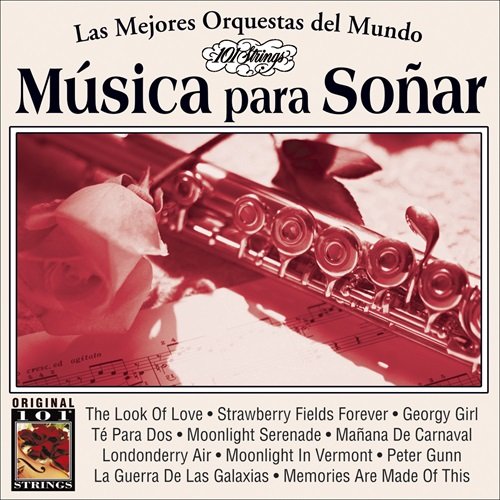
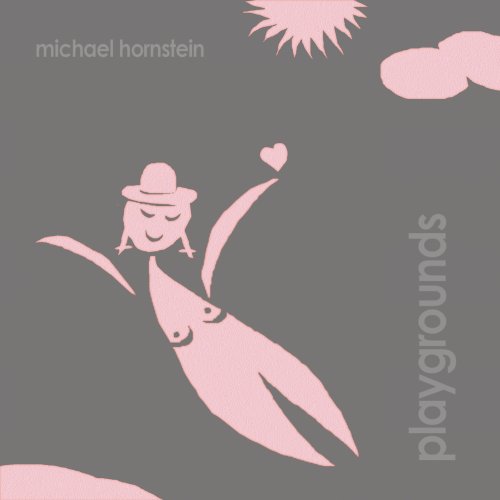
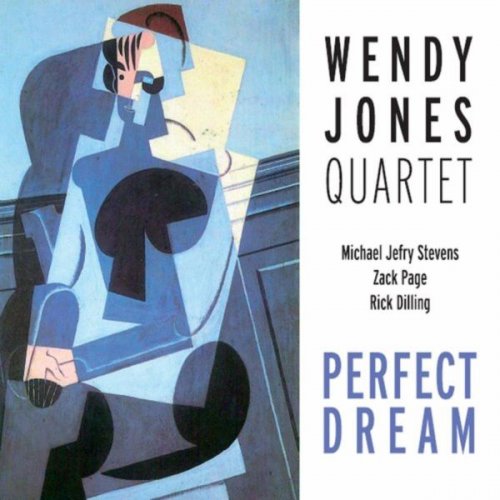
![Zenekar - Swirls (2026) [Hi-Res] Zenekar - Swirls (2026) [Hi-Res]](https://img.israbox.com/img/2026-02/25/t028ousw4otuz57efsjkzgr6u.jpg)
![Æthenor - Hazel (2016) [Hi-Res] Æthenor - Hazel (2016) [Hi-Res]](https://img.israbox.com/img/2026-02/21/u8vm4dsf9wrvmhpl4zso2e791.jpg)
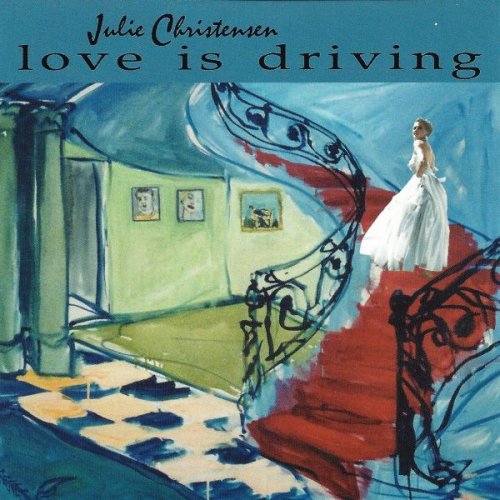
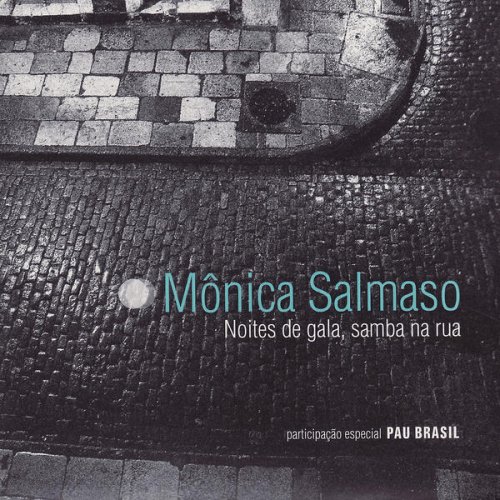
![Ex Novo Ensemble - OSVALDO COLUCCINO: Emblema (2018) [Hi-Res] Ex Novo Ensemble - OSVALDO COLUCCINO: Emblema (2018) [Hi-Res]](https://img.israbox.com/img/2026-02/22/ot6pocjri3hisq06iz4768yl5.jpg)
